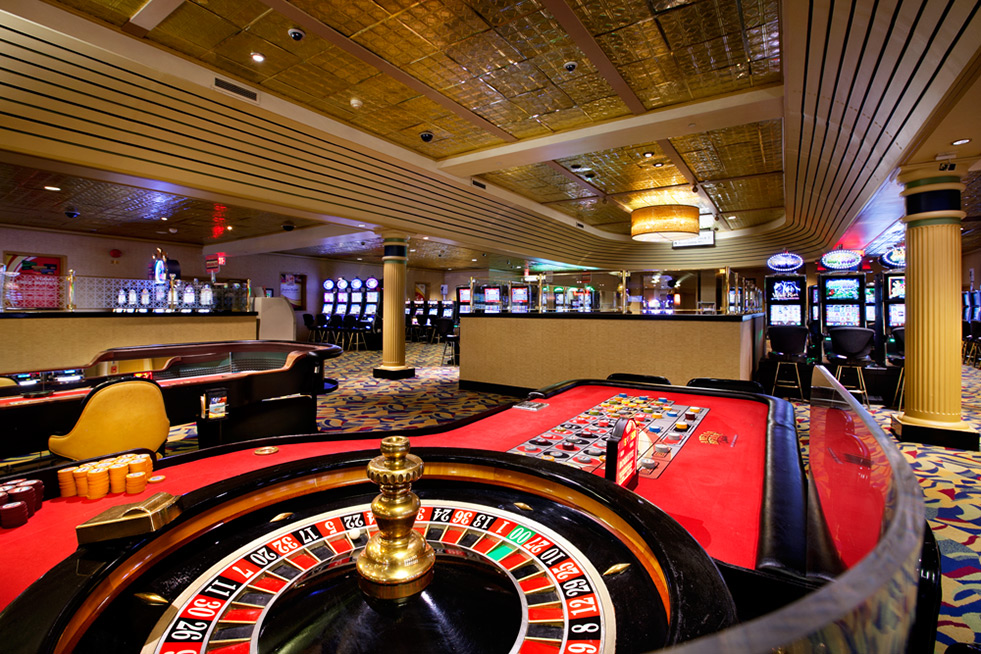Why Casino Games Tend to Be More Than Just Random Chance
Casino activities have long been connected with the rush of chance and the anticipation of luck. Many individuals walk into a casino with the belief that their success is contingent solely on luck. However, a further investigation reveals that these games encompass much more than just the factor of luck. Understanding the rules, approaches, and human mindset behind casino games can greatly enhance the satisfaction and improve one’s chances of victory.
Beyond the captivating sounds of revolving wheels and dice being cast, casino games involve a complex mix of skill, tactics, and decision-making. Whether you are participating in blackjack, poker, or even baccarat, knowing the tactics can significantly influence the result of the game. Moreover, the approach of the gamblers and understanding the odds behind each game can shift the balance of success away from mere luck. By acknowledging these aspects, players can appreciate casino games as a combination of fun and cognitive challenge, transforming their viewpoint from one of passive involvement to one of involvement.
The Psychology of Gambling
Comprehending the psychology of gambling demonstrates that player behavior is driven by much more than mere luck. The excitement of taking risks, immediate reinforcement, and the potential for achieving large sums can create a intense emotional experience. Many players find themselves captivated by the thrill, which can lead to a cycle of heightened betting and risk-taking, often driven by a hopeful hopefulness that colors their views of success probabilities.

An additional crucial element of the mindset of casino games is the illusion of control. Numerous players believe that their choices, such as the selection of games or wagering strategies, can significantly influence the outcome. Such a belief can enhance their engagement and enjoyment, but it also adds to persistent gambling behavior, as players often underestimate the role of randomness in these games. The thrill derived from making choices gives players a feeling of involvement, which can be deceptive in terms of understanding the true odds involved.
Furthermore, the environment of the casino holds a crucial role in influencing a gambler’s experience. Factors like illumination, sounds, and the presence of other players create a stimulating atmosphere that enhances the thrill of the game. This thoughtfully crafted environment can lead individuals to lose track of time and money spent, as they become enveloped in a sensory experience that heightens their affective investment. Identifying these psychological dynamics is essential for understanding why casino games attract players and keep them coming back for more.
Skill vs. Chance in Gambling Games
In the realm of gambling games, the debate between expertise and chance is a prominent one. Numerous players think that luck is the predominant factor, especially in games like slot machines where outcomes are arbitrary. However, there are games that clearly showcase the significance of expertise, such as poker and blackjack, where players can apply tactics and choices that influence their overall performance. Understanding the dynamics and intricacies of each activity can greatly impact a player’s outcome and results.
The role of expertise becomes apparent when considering the various tactics available to players. In games like Texas Hold’em, for example, players must read their rivals, assess probabilities, and make informed choices based on their cards and the shared cards. link vào rr88 This level of strategy demonstrates how skilled players can consistently defeat novices, proving that success is not solely based on luck but rather on the use of knowledge and expertise. Similarly, in 21, players can use strategies like counting cards to gain an edge over the casino, further showing the importance of expertise.
On the other hand, luck cannot be completely disregarded in any gambling game. While skill can enhance a player’s odds of success, unpredictable outcomes still play a crucial role. Even the best strategies can break down due to the arbitrary character of card draws or spins. This interaction between skill and chance creates a dynamic gaming environment where players must adjust and react to random events while also utilizing their skills. Ultimately, effective casino gaming is a mix of both factors, contributing to the intricacy and excitement of the gameplay.
Methods for Success
To succeed in gambling, players must understand the importance of creating a plan tailored to the distinct title they are participating in. Each title has its specific set of regulations, chances, and intricacies that call for a thoughtful method. For example, in games like poker, players can use techniques such as probability assessment to make more informed decisions and enhance their odds of success. Understanding the probabilities and returns associated with each game can allow players to make wiser choices and elevate their overall play experience.
Bankroll management is an additional vital strategy that cannot be overlooked. Players should establish a financial limit for their gaming sessions and stick to it. This promises that they do not overspend and helps maintain a degree of oversight over their gambling habits. Choosing in advance how much to bet and the right moment to leave can avoid emotional decisions that can result in big losses. Smart bankroll management enables players to appreciate gambling without the anxiety of overextending financially.
In conclusion, learning from experience and observing other players can provide valuable understanding. Many successful players spend time analyzing not only their personal play but also that of their peers. This observation can reveal various tactics and techniques, ultimately resulting in better choices. Participating in self-reflection after gaming sessions helps players identify what succeeded and what didn’t, enabling them to refine their strategies over time. By merging understanding, focus, and awareness, players can enhance their chances of triumph in casino games.